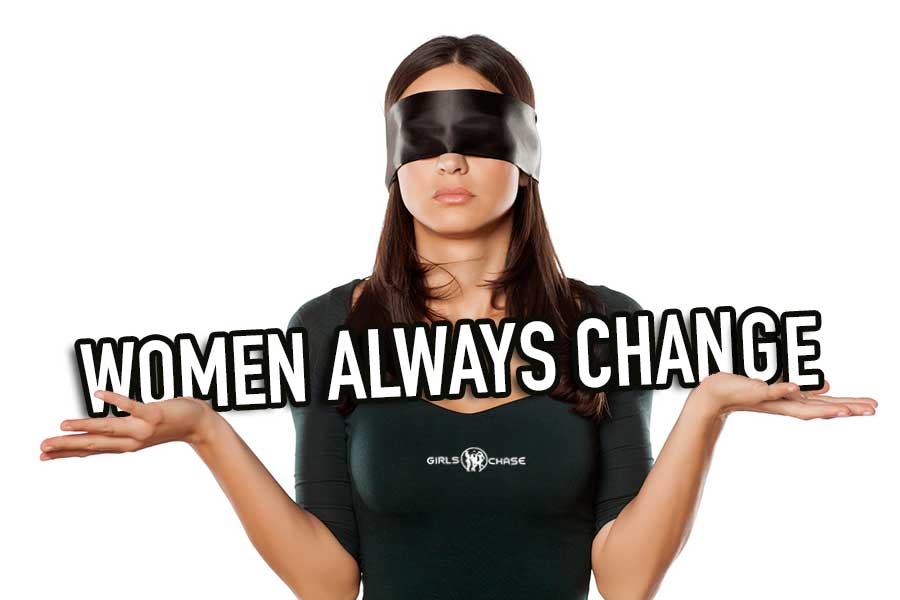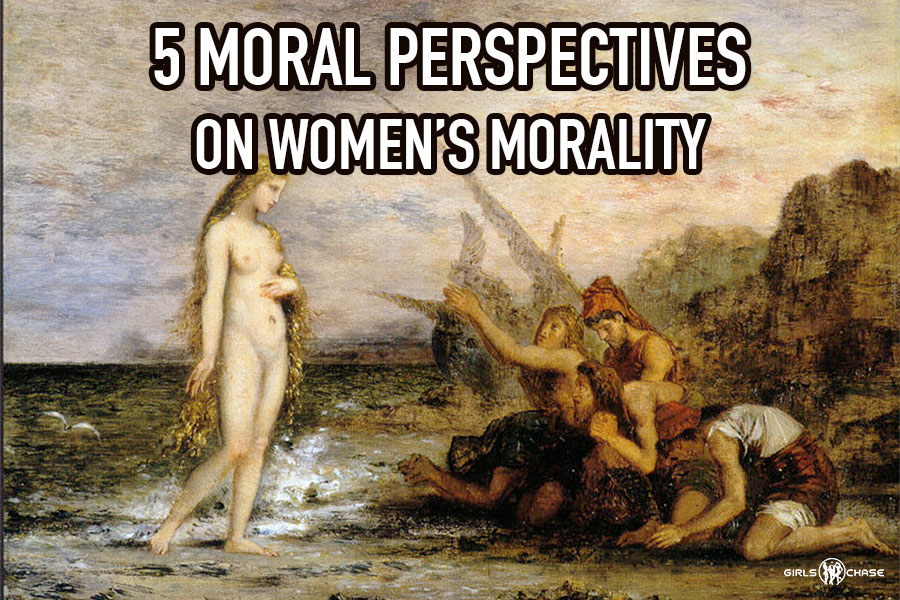
In Part 1 of the harem series, we talk about Queen Theory: how women position themselves as long-term partners and jockey for roles and status.
Having created a constantly evolving harem for the past three years running multi-dating relationships, as well as having dated some of these women for 3+ YEARS in this arrangement, it’s time to share with you a series of articles that covers my experience and lessons learned.
So if you’ve been considering such relationships, or you’ve been experimenting with them but have run into issues, this series is for you. We’ll cover all the facets of dating several women at a time (i.e., any relationship non-monogamous in nature), and we’ll go over what it takes to do so successfully and with minimal drama.
To begin, we will cover the first of three biggest concerns in a woman’s dating life. Those concerns are:
-
Catching and keeping the top man
-
Her self-interest
-
Her reputation
Women use the social and sexual marketplaces to advance their own agenda. Thus all these factors are important.
The way to handle the first concern is to understand all the implications of Queen Theory, which is the focus of this article.
A few months ago, I wound up in a threesome with one of my multiple long-term relationship (mLTR) girlfriends and her girl friend. My girlfriend had an event one Sunday, to which she invited me and two of her girl friends. I met her there and proceeded to grab drinks. Over the course of the event, one of her girl friends took a liking to me, and I took a liking to her.
I cleared my intention with my girlfriend before giving both girls a ride home. But instead of them going home, we ended up at my place. Long story short, one thing led to another and we started to get into a threesome.
Everything was going perfectly. I was watching and playing with two sexy women while they played with each other. Eventually, after having our fun, we all fell asleep together – me in between these two sexy girls.
In the morning around 5:00am, I started to feel horny, and my girlfriend motioned me to play with her while the friend slept. I tried my best but just couldn’t get hard. In that moment, I actually desired the other girl, not my girlfriend. Needless to say, I stopped trying after failing for a little while, then went back to sleep.
An hour or so later, I started escalating on the friend, and my girlfriend went to the bathroom. I then started shagging the friend, but when my girlfriend got back, she was very annoyed. She said “ahem,” indicating for me to stop. Once the friend left a little later, my girlfriend and I didn’t have sex; instead, we spent the next hour going over what happened and my feelings for her and the friend. I was forced to handle some drama and her concerns that I didn’t value my girlfriend sexually like I did the new girl.
While I submitted to her frame (honestly, I probably shouldn’t have; I gave her too much power there), I learned how important it is to understand Queen Theory.
Queen Theory in a nutshell:














